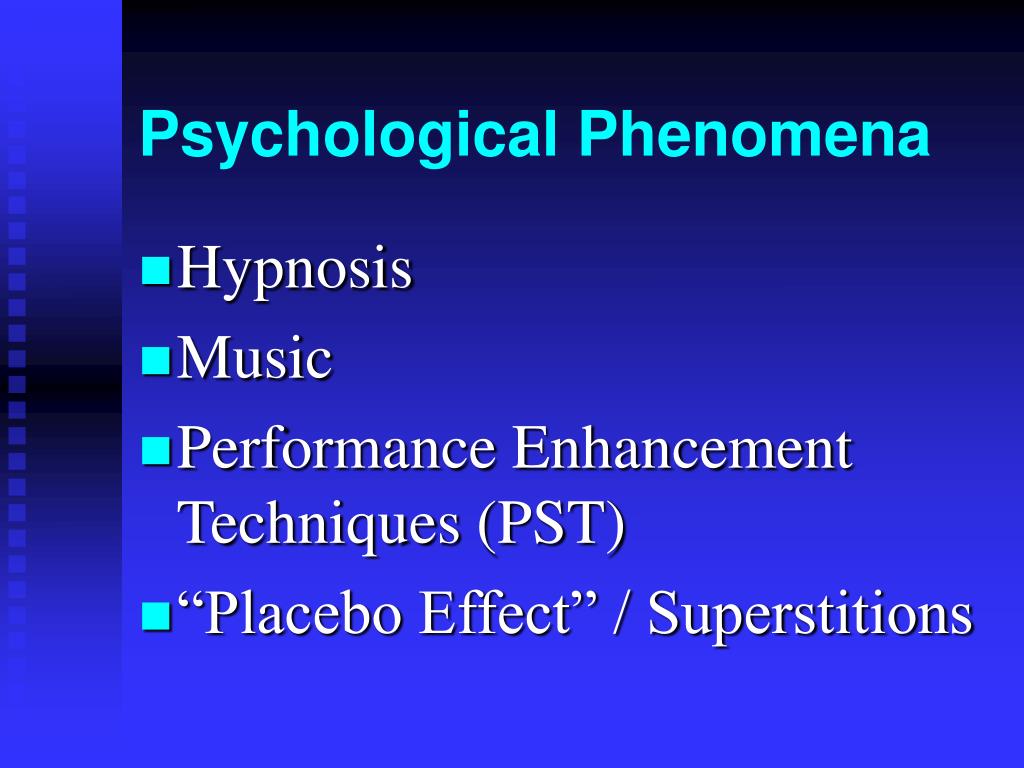
After conducting the same experiment a numerous amount of times, the coffee recording was triumphant. Long story short, the coffee recording was triumphant. Aronson then asked his participants to rate each recording by their likability. Psychologist, Elliot Aronson, proved this theory in his experiment when he asked participants to listen recordings, including one that has a person spilling coffee all over the place. Mistakes are something everyone will experience during their lifetime and it seemingly makes them more human. In laymen’s terms, a person is more likable if they aren’t perfect. The Pratfall Effect absolutely blows the idea of “being perfect to become more likeable” out of the water and into the trash can. Though the experiment with the jams seem incredibly crude and simple, the experiment itself shows how much and frequent the Paradox of Choice has implemented itself into the daily lives of everyone. Approximately 30% of the customers purchased the jam from the fewer samples, significantly greater than the measly 3% of customers in the second scenario. During the experiment, they observed that the test with the fewer amount of samples gave off the effect for the Paradox of Choice. One test they provided only six options, they provided 24 on the other. At a store, the psychologists set up a showcase of a variety of different jams and taste samples. Lepper and Iyengar conducted an experiment in a common everyday supermarket jam. Psychologists, Mark Lepper and Sheena Iyengar, proved this enigmatic paradox through a simple experiment. The Paradox of Choice: Normally the more choices a person has, the more satisfied the person would be after he makes said choice due to the amount of options and paths he or she can take. The failed recognition of several other factors proved to show that the Focusing Effect can come into being easily. Psychologists noticed that the test subjects were focusing on the weather and lifestyle of each area as test subjects failed to realize that the Midwest has significantly lower crime rates and earthquakes. When asked to elaborate, they simply replied that California has sunny weather and the easy-going lifestyle of residents however, the happiness for the Californian and the Midwesterner has no difference. Psychologists posed a simple question to their test subjects: “How much happier is a Californian than a Midwesterner?” Despite this seemingly absurd question, the majority of the test subjects replied that a Californian is much happier than a Midwesterner. The Focusing Effect: This psychological phenomenon derives from the simple aspect of focusing much more attention on one factor than other factors, to the point of absolutely dismissing the other factors or believing they aren’t present. The explanation is actually rather simple and primitive: the test subjects assume that someone else will pick up the slack, regardless of the situation. There is almost always one member of the group project that absolutely slacks off and contributes nothing. The very thought of that effect absolutely goes against what people would normally expect however, this effect almost manifests daily during school, especially during group projects.
#Group psychological phenomena series#
After a series of more tests and peer-reviewed papers, the Bystander Effect is fully accepted by the social psychological community. Likewise when there were much more people, the percentage of Samaritans helping was reduced to a mere 31%. When there was a few more people in the immediate area, only 65% of the test subjects helped. Latane and Darley noticed that when the test subjects noticed they were the only one there, they rushed to help the person in need 85% of the time. They observed students helping someone who appeared to be choking. But that is not what always happens social psychologists, Bibb Latane and John Darley, proved otherwise with an experiment they conducted. Now what do you do? Of course, you simply walk up to the person and help him or her with their problem.

Much like yourself, everyone else passing by witness the same person in need. The Bystander Effect: Suppose you’re walking down a busy street and you witness a person in need of help due to some injury.

Regardless, studies and research found it conclusive that being aware of such phenomena can provide a better understanding of oneself and overall provide a path to self-improvement. Several psychological phenomena almost plague everyone on a daily basis, yet scientists have not found an explanation to why they occur.

Studies and research have bantered relentlessly on how people perceive the way things are or why people commit to such actions, despite it feeling as if it has the opposite effect. Several psychological phenomena seemingly have the opposite expectation one might expect. However, the very same mind perplexes psychologists. It can calculate problems, retain, create, and relate several pieces of information.


 0 kommentar(er)
0 kommentar(er)
